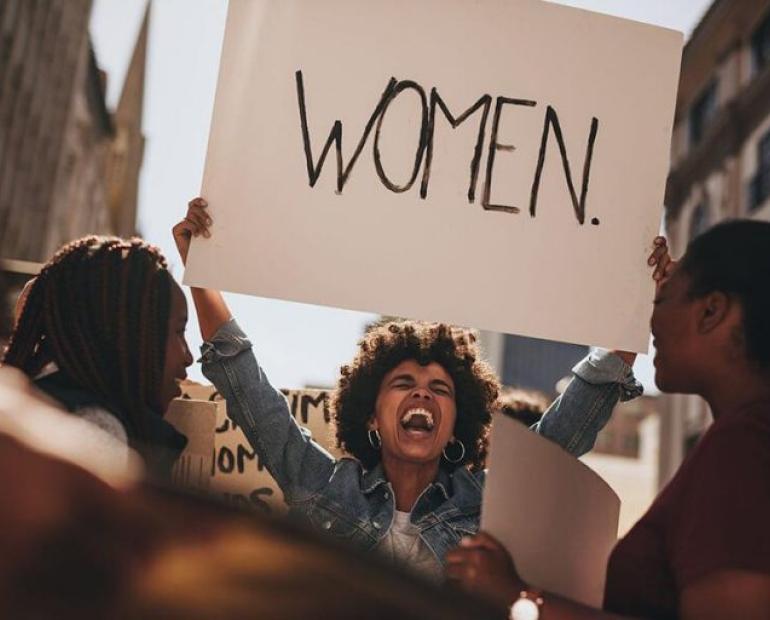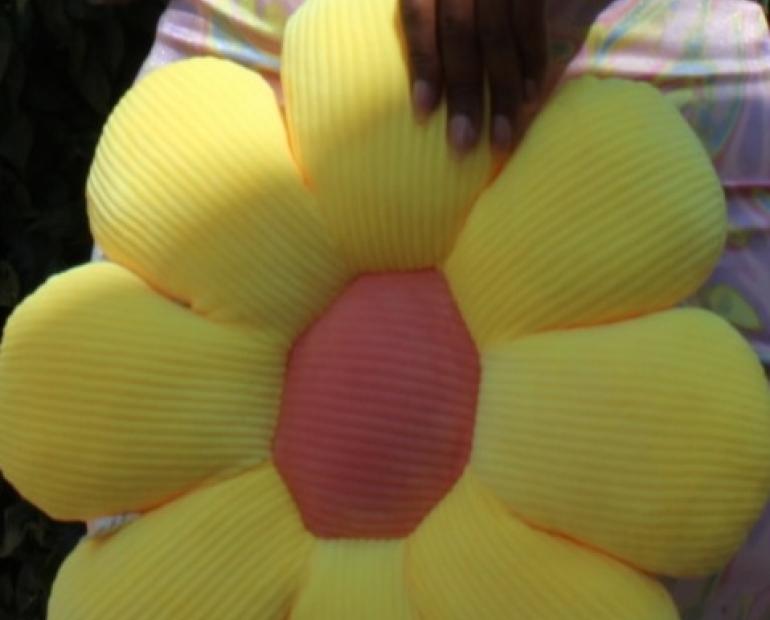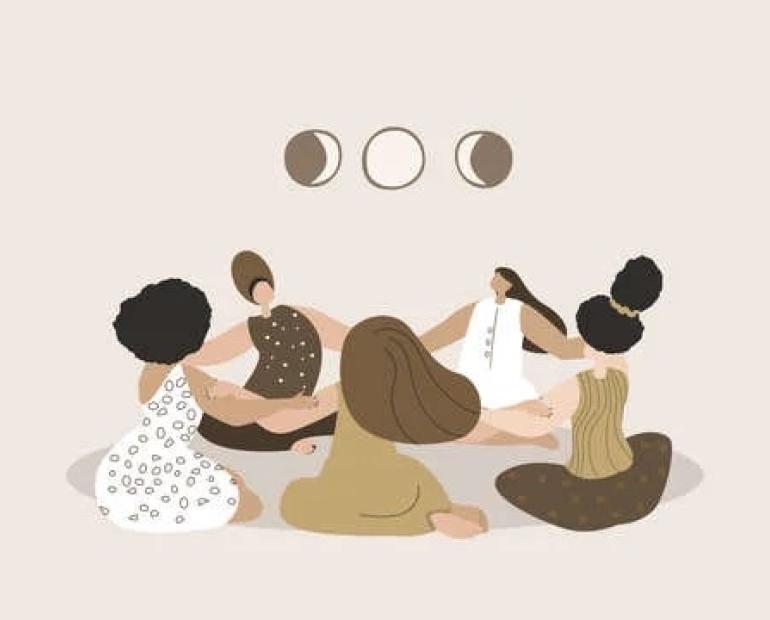
Growing up in Colombo, Sri Lanka, I was raised unaware of the inequalities and social norms that shaped my experience as a girl child in my community. When I moved to Canada as a teenager, the disparities girls face started to make an impression on me slowly. Gender-based violence is a huge problem in my home country. However, as a child, the conversations I had with my parents were always about what I could do as a girl to protect myself from aggressors, not about how aggressors should be stopped. When I speak with my peers still living in Sri Lanka, I am surprised to know that they were never taught about the importance of consent, safe sex and contraception in school. How can this be? Why is there a gap in conversations and education in the two regions?
Growing up in two very different environments made me curious about the experience of girls around the world. When I realized the stark gender inequalities in our society, I decided to get involved to help improve the situation. As a result, I became a Youth Advocate with Plan International Canada for their Change the Birth Story campaign. This program aims to reduce maternal and newborn mortality rates in regions that are mostly affected by this issue, while engaging Canadians in conversations about adolescent sexual and reproductive health rights. In my role, I raise awareness for the project in my community to collect endorsements of support so Plan International Canada can continue its vital work.
My involvement with Plan International Canada is not an anomaly. In fact, many youth activists across the world are becoming increasingly global citizens, advocating for the eradication of inequalities that their fellow youth face, even if they are not directly affected themselves. Globally, millions of girls lack access to contraceptives and are not allowed to make decisions about their own lives, including if and when to get married or have children. For the most part in Canada, many young women have the ability to realize our own sexual and reproductive health rights through education and access to life-saving health services. We recognize that this is not the case in many other parts of the world. Comprehensive sexuality education is deemed controversial in some areas, even in my own home province in Canada. However, we see youth mobilizing to demand more comprehensive sex-ed curriculums around the globe. Growing up in both Sri Lanka and Canada, I can truly say that comprehensive sex-ed makes communities safer and more inclusive to young people.

Many decision-making bodies are realizing the importance of youth voices and aiming to prioritize it in the future. This was a key learning I took away from my time at the 63rd Commission on the Status of Women (CSW) - a UN body that gathers together annually with non-governmental organizations and governments to focus on promoting gender equality across the world at the United Nations in New York City. This year’s theme focused on social protection, access to public services and sustainable infrastructure. Young people have the passion and the capacity to create change, and that potential can be maximized with decision makers on our side. Including us in discussions will result in inclusive policies and solutions that are truly responsive to the needs of young people. This was also brought up in the high-level intergenerational policy dialogue No Girl Left Behind, organized by UNICEF and Plan International. This panel focused on age and gender responsive approaches to this year’s theme at CSW. I was honoured to have had the opportunity to represent youth activists at the panel, and outline the importance of comprehensive sexuality education, along with the responsibility decision makers have to engage youth in key discussions. Personally, I know that both can make a big difference in our communities.
We also need more gender disaggregated data to add to our experiences. Throughout my time at CSW, I repeatedly heard about the growing problem of the gap in data outlining young women’s experiences in marginalized communities. Why is data important? Having more information on the experiences of young people will result in policies that actually address our needs. Without data, governments and organizations will not be able to deliver adequate services to parts of the population that truly need them. Furthermore, gender disaggregated data will help global youth advocates like me to advance our work and raise awareness for our peers around the world. I can paint a clearer picture of the global state of gender inequality using the data to members of my local community when I am engaging them through my advocacy work.
My time in New York was an eye-opening experience which provided me with a new worldview. It was distressing to hear advocates from countries around the world describing many of the same issues I know girls in Sri Lanka face growing up. However, it was empowering to know that advocates from these nations are standing in solidarity to actively work for a better future. While I learned a lot about the extent to which girls around the world suffer due to different inequalities, I also witnessed the power and potential that young people have to improve our world. Overall, I have returned home to Toronto knowing that no matter what, there is a network of like-minded youth who, with the encouragement and support from decision makers, can turn our reality into a more positive one.
Aloka Wijesundara is a high school student and Plan International Canada youth ambassador with a deep interest in women’s rights and humanitarian work. She believes strongly in the importance of amplifying youth voices in conversations about children’s rights and gender equality. Aloka has led workshops and campaigns in her community educating youth about global gender issues and encouraging young women to use public speaking as a tool for advocacy.






